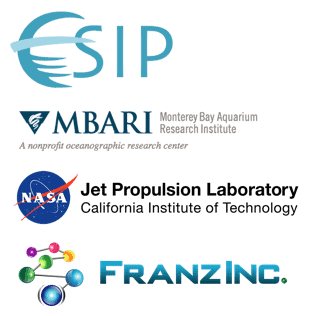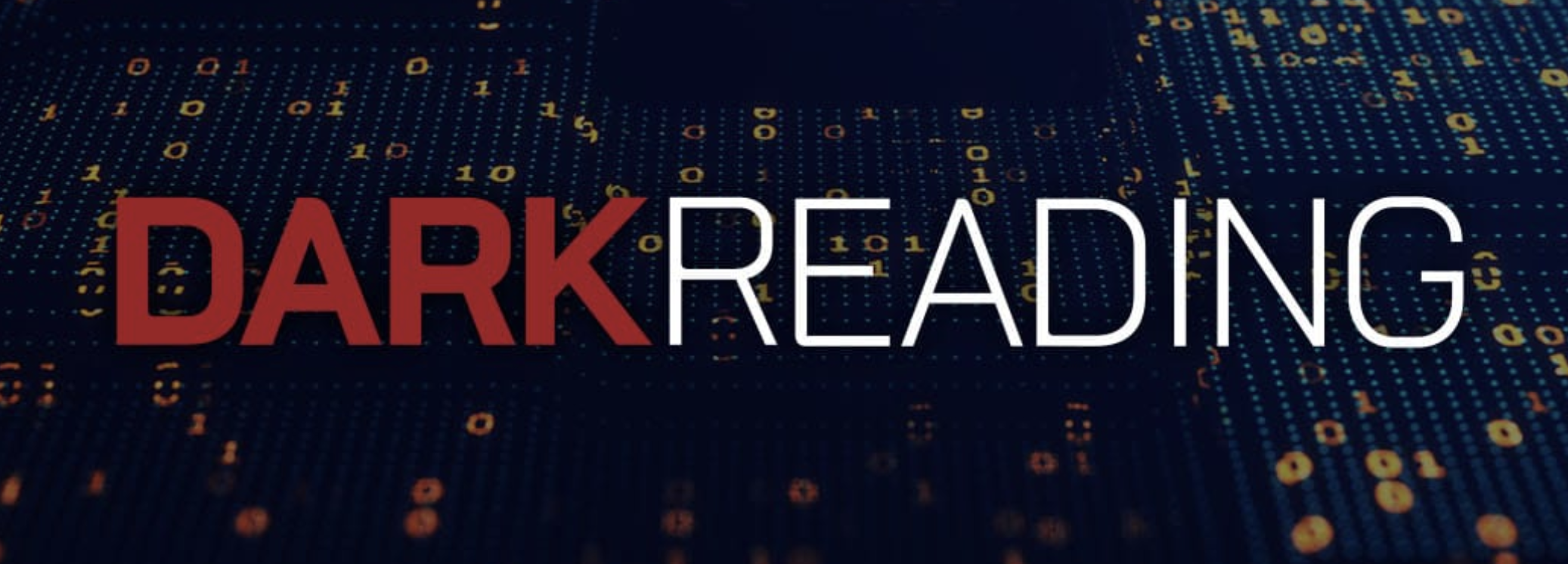
- 21 April, 2019
Earth Day – Franz Inc. and Geoscience Experts Recognize the Growing Importance of Semantic Knowledge Graphs for Earth Science
Semantically Linking Earth Observation Data Makes it FAIR for the Global Community of Geoscientists
In celebration of Earth Day, Franz Inc., an early innovator in Artificial Intelligence (AI) and leading supplier of Semantic Graph Database technology for Knowledge Graphs, today recognized how AllegroGraph, its semantic knowledge graph technology, is playing an essential part in making data FAIR (Findable, Accessible, Interoperable and Reusable) for the geoscience community. Since the current understanding of earth science processes is largely based on earth observation and numerical model data, making this data FAIR for all geoscientists and technologists is critical to facilitate future knowledge discovery about planet Earth.
Collecting, storing, monitoring and analyzing data from the core of the Earth up to the atmosphere provides critical knowledge about the planet and how living things interact with it. Scientists and technologists gather information about Earth from a range of sources, including: satellites, air- ground- and ocean-based sensors, physical sample data, etc., which are all recorded at a variety of temporal and spatial resolutions and need to be represented on the web for the global scientific community to access and use. AllegroGraph’s unique semantic graph capabilities allow diverse and complex data sources to be easily integrated with full search and cross-dataset queries possible.
“Our most pressing global environmental challenges cannot be solved by a single organization,” said Dr. Annie Burgess, Lab Director, Earth Science Information Partners (ESIP). “Scientists require data collected across multiple disciplines, which are often managed by many different agencies and institutions. ESIP is a community of data and information technology professionals dedicated to ensuring those data are FAIR. To assist with that goal, the unique semantic graph capabilities of AllegroGraph are leveraged with the ESIP Community Ontology Repository, a community platform to manage and exchange terms and vocabularies that assists scientists to publish, discover and reuse data.”
“To address important marine research, there is a critical need for ocean observatories to share data in a way that is easy to discover, use and integrate,” said Carlos Rueda, Senior Software Engineer, Monterey Bay Aquarium Research Institute. “With this goal in mind, the Marine Metadata Interoperability Project developed the MMI Ontology Registry and Repository (ORR), which leverages AllegroGraph to provide powerful interoperable semantic services that make the content on the web interconnected in a meaningful way for both humans and machines to consume.”
“We are at an exciting stage where there is a critical mass of experts and organizations around the globe with similar goals as well as the realization that we need knowledge-intensive applications,” said Dr. Lewis McGibbney, Data Scientist, Jet Propulsion Laboratory, California Institute of Technology and Co-Chair of the NASA ESDSWG Search Relevance Working Group. “The semantic technology stack is a crucial piece for building intelligent apps for knowledge-intensive use cases within the geoscience area.”
“Semantic graph technology is particularly well-suited to address the complex data integration, data access and analysis challenges surrounding Earth data science,” said Dr. Jans Aasman, CEO of Franz Inc. “We are thrilled that leading geoscience organizations are tapping into the power of AllegroGraph to share Earth science ontologies and data. We look forward to continuing to work with the community and help forward their important projects.”
A recent Gartner report explains the importance of using semantic technology to drive value out of data and included AllegroGraph as a graph database to consider for semantic technology solutions. “Unprecedented levels of data scale and distribution are making it almost impossible for organizations to effectively exploit their data assets. Data and analytics leaders must adopt a semantic approach to their enterprise data assets or face losing the battle for competitive advantage.” (Source: Gartner, How to Use Semantics to Drive the Business Value of Your Data, Guido De Simoni, November 27, 2018.) To view a summary of the report, go to https://www.gartner.com/doc/3894095/use-semantics-drive-business-value.
About ESIP
The Earth Science Information Partners (ESIP) is a community of innovative science, data and information technology practitioners. ESIP members catalyze connections across traditional institutional and domain boundaries to solve critical Earth science data stewardship, information technology and interoperability issues. Through this work, ESIP improves Earth science data management practices and makes Earth science data more discoverable, accessible and useful to researchers, policy makers and the public. Learn more at esipfed.org or follow @ESIPfed on Twitter.
About Monterey Bay Aquarium Research Institute
Monterey Bay Aquarium Research Institute (MBARI) encompass the entire ocean, from the surface waters to the dee seafloor, and from the coastal zone to the open sea. The need to understand the ocean in all its complexity and variability drives MBARI’s research and development efforts.
About JPL
The Jet Propulsion Laboratory is a unique national research facility that carries out robotic space and Earth science missions. JPL helped open the Space Age by developing America’s first Earth-orbiting science satellite, creating the first successful interplanetary spacecraft, and sending robotic missions to study all the planets in the solar system as well as asteroids, comets and Earth’s moon. In addition to its missions, JPL developed and manages NASA’s Deep Space Network, a worldwide system of antennas that communicates with interplanetary spacecraft. JPL is a federally funded research and development center managed for NASA by Caltech. From the long history of leaders drawn from the university’s faculty to joint programs and appointments, JPL’s intellectual environment and identity are profoundly shaped by its role as part of Caltech.
About AllegroGraph
AllegroGraph is a database technology that enables businesses to extract sophisticated decision insights and predictive analytics from highly complex, distributed data that cannot be uncovered with conventional databases. Unlike traditional relational databases or other NoSQL databases, AllegroGraph employs semantic graph technologies that process data with contextual and conceptual intelligence. AllegroGraph is able run queries of unprecedented complexity to support predictive analytics that help organizations make more informed, real-time decisions. AllegroGraph is utilized by dozens of the top F500 companies worldwide
Semantic Knowledge Graphs are the Foundation for Artificial Intelligence
The foundation for Knowledge Graphs and AI lies in the facets of semantic technology provided by AllegroGraph. Semantic Graph databases provide the core technology environment to enrich and contextualized the understanding of data. The ability to rapidly integrate new knowledge is the crux of the Knowledge Graph and depends entirely on semantic technologies.
About Franz Inc.
Franz Inc. is an early innovator in Artificial Intelligence (AI) and leading supplier of Semantic Graph Database technology with expert knowledge in developing and deploying Knowledge Graph solutions. The foundation for Knowledge Graphs and AI lies in the facets of semantic technology provided by AllegroGraph and Allegro CL. The ability to rapidly integrate new knowledge is the crux of the Knowledge Graph and Franz Inc. provides the key technologies and services to address your complex challenges. Franz Inc. is your Knowledge Graph technology partner.
All trademarks and registered trademarks in this document are the properties of their respective owners.







